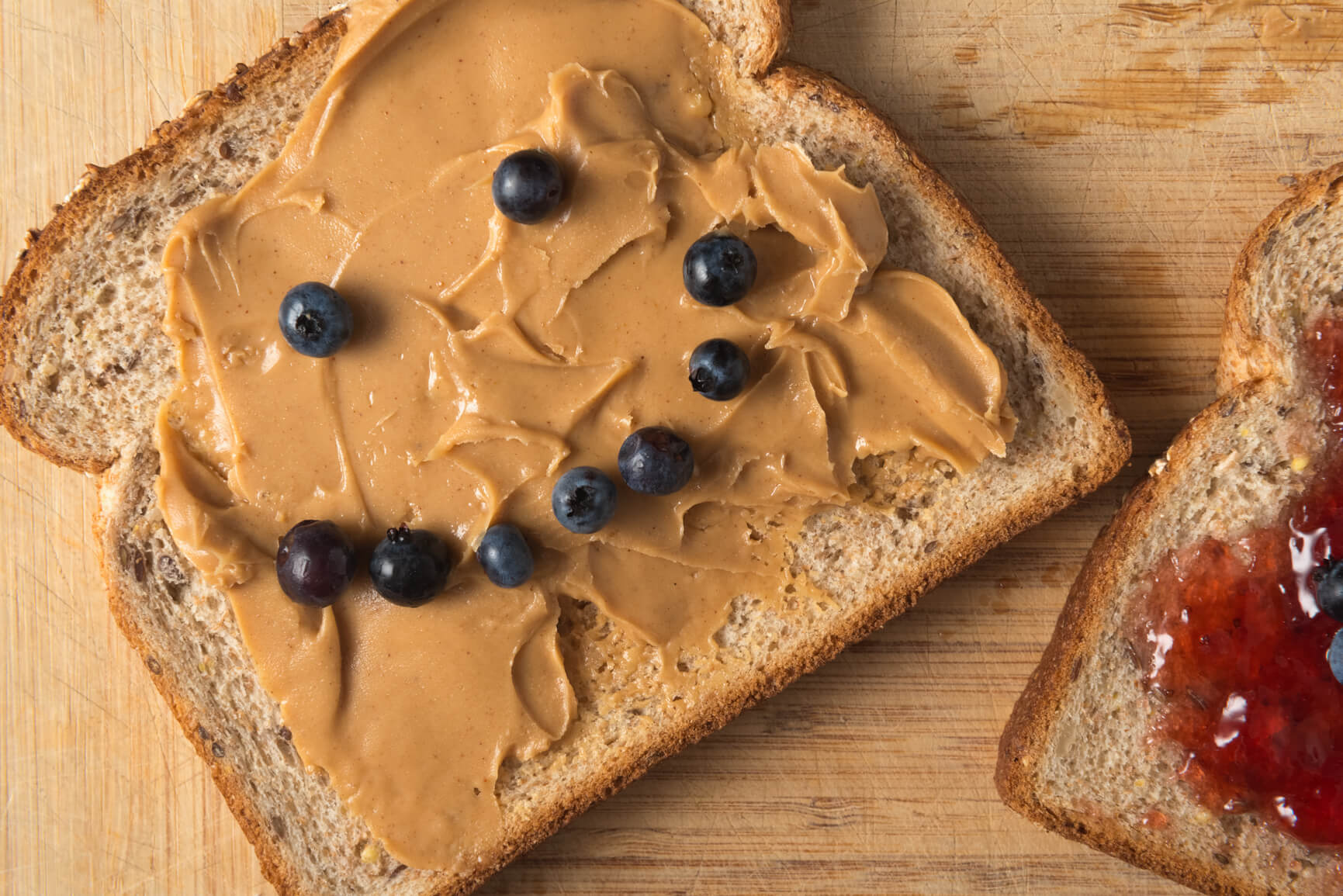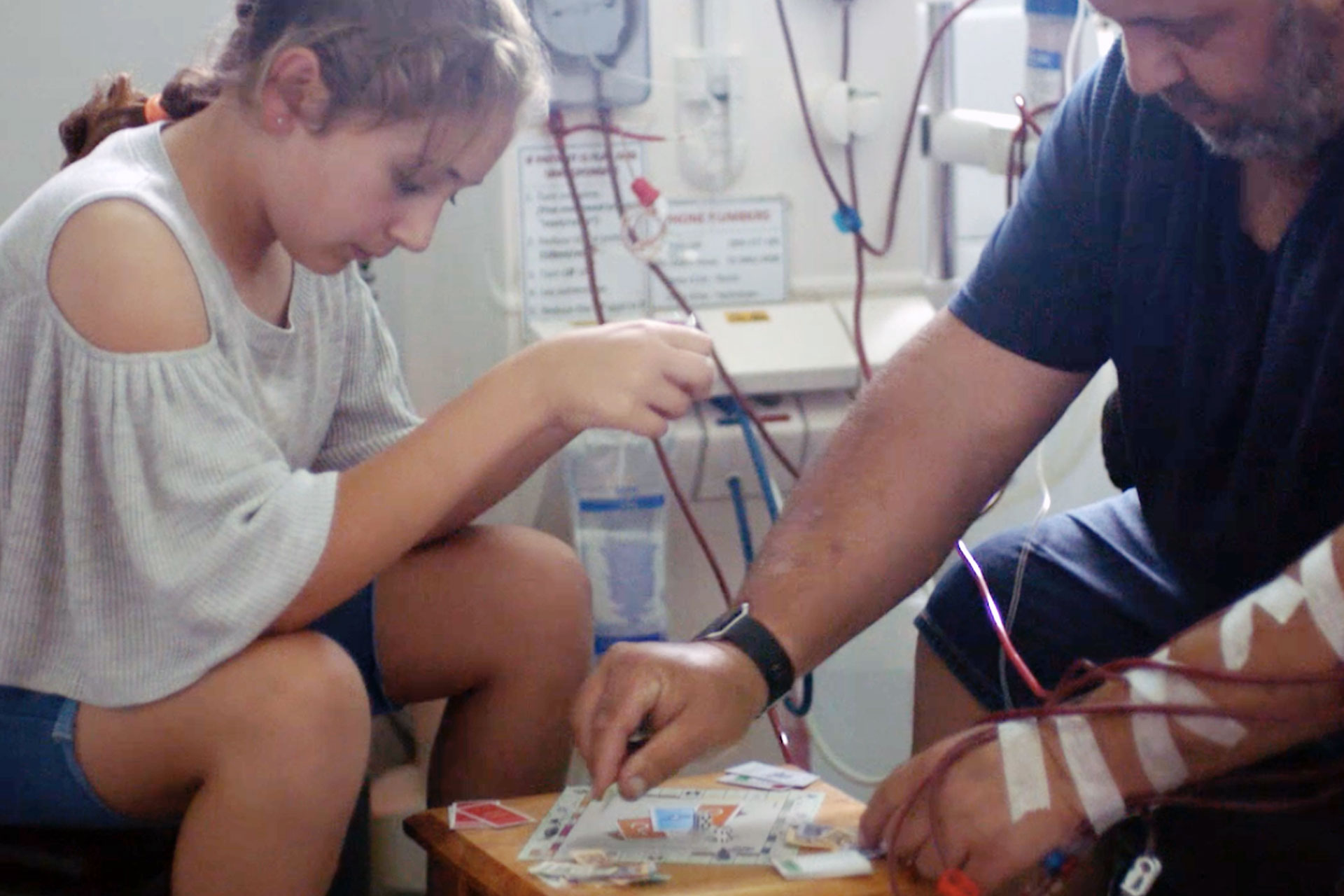-
Peanut or tree nut allergies are one of the most common allergies in Australia today, affecting one in 50 children and one in 200 adults.
Living with a severe peanut allergy can be life changing. To manage the condition, sufferers have to constantly check with restaurants, read labels and packaging, and some have to take an EpiPen with them at all times in case of a reaction. But hope for a cure may be on the horizon. A recent Australian clinical trial has shown some promising results for the long-lasting treatment of peanut allergies in children. Read on to find out more.
How do food allergies work?
Particular types of protein are responsible for allergic reactions. These proteins, also known as allergens, can be found in certain foods, including peanuts, tree nuts, milk, eggs, sesame and fish. A person who has a food allergy may be allergic to one type of protein or a few different types. Medical experts are still not quite sure why some people are allergic and some aren’t.
When someone with a food allergy eats something they’re allergic to, the body’s immune system responds as if it’s harmful. Symptoms of a mild allergic reaction include itching, burning or swelling around the mouth, swelling around the face or eyes, a runny nose, hives, diarrhea and vomiting.
Severe food allergies can cause anaphylaxis, which can be life-threatening. Within minutes of exposure to an allergen, the throat can swell and make it difficult to breathe.
MORE: How to reduce your baby’s risk of food allergies
The breakthrough
In 2013, the Murdoch Children’s Research Institute ran a clinical trial where children with a peanut allergy were given a probiotic containing a small amount of the peanut protein responsible for triggering allergic reactions. The dose of the peanut protein increased every two weeks until it reached a maintenance dose of 2 grams. This, or a placebo, was administered daily for 18 months.
The aim of this treatment was to modify the body’s reaction to a small amount of the allergen and train it to eventually tolerate the peanut protein without an immune response.
What did they find?
Of the group who received the treatment, 82% were tolerant of peanuts at the end of the 18 month trial, compared to just 4% from the group who received the placebo treatment.
Four years later, the peanut tolerant group were tested again. Most of them were still eating peanuts as part of their regular diet, and 70% passed an allergy test to confirm their long-term tolerance.
What this means for Aussie sufferers
It’s important to remember that this was a very small study performed with only 56 children, but the results are very encouraging. The next step will be a larger clinical trial to confirm the results.
Do you suffer from a peanut allergy?

-
Innovating for members living with chronic disease
Medibank is supporting our members living with chronic diseases such as heart disease, arthritis, and diabetes, through our CareComplete programs.
-
Medibank’s palliative care at home trial
Giving our customers choice in where they would like to receive their end-of-life care can provide dignity, privacy and help them retain control over the care they receive.
-
How your phone habits affect your sleep
And what it means for your mental health, hormones and more.
-
Medibank trialling haemodialysis at home
Giving members with chronic kidney disease more choice
-
The origins of western and eastern medicine
Two schools of thought explained
-
Almost half of hospital patients are looking for more support
Find out how Medibank is helping.
Subscribe to receive the best from Live Better every week. Healthy recipes, exercise tips and activities, offers and promotions – everything to help you eat, move and feel better.
By clicking sign up I understand and agree to Medibank's privacy policy






